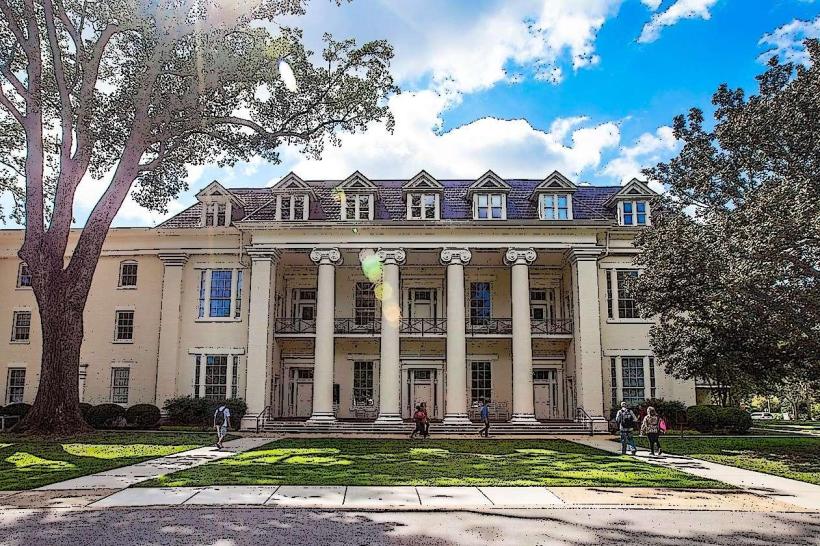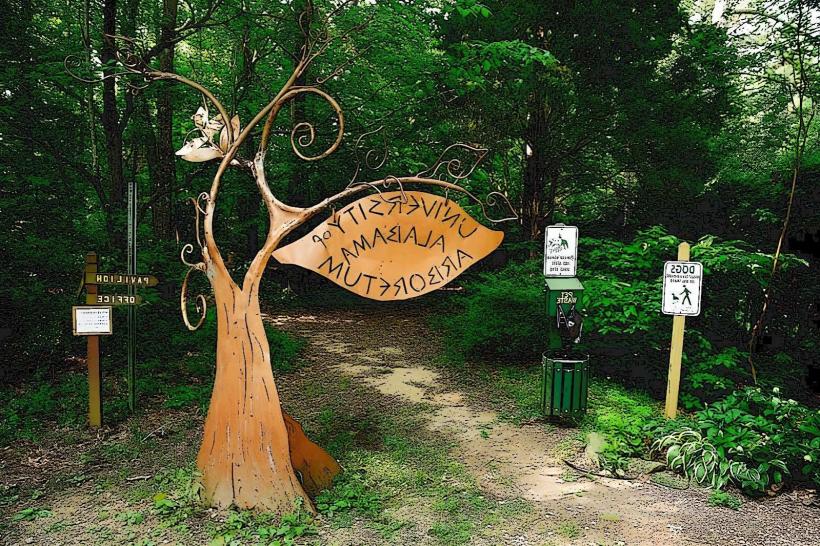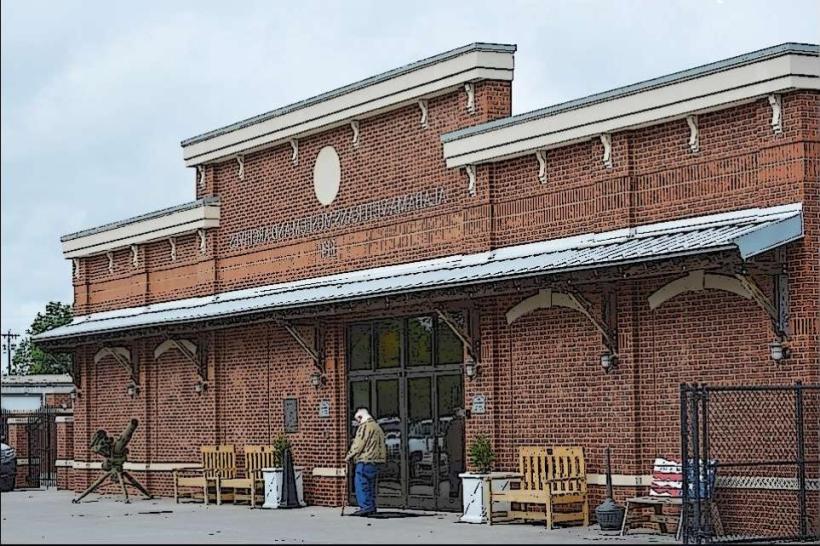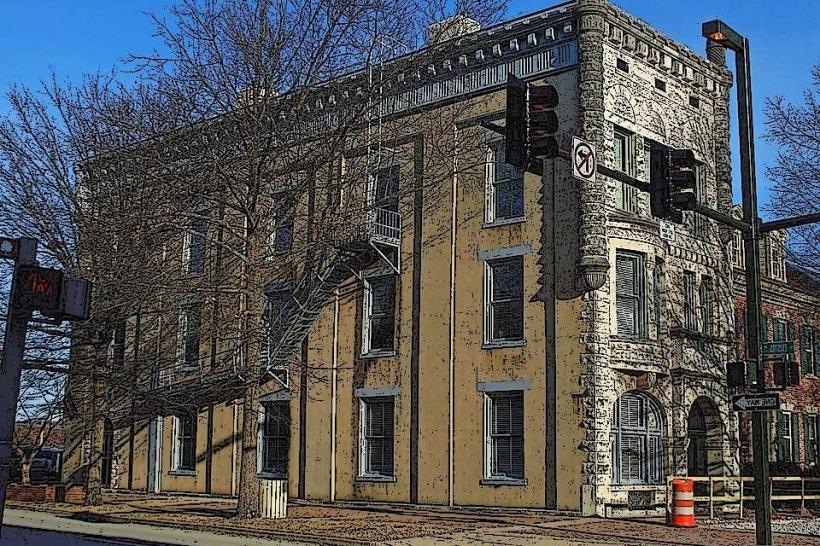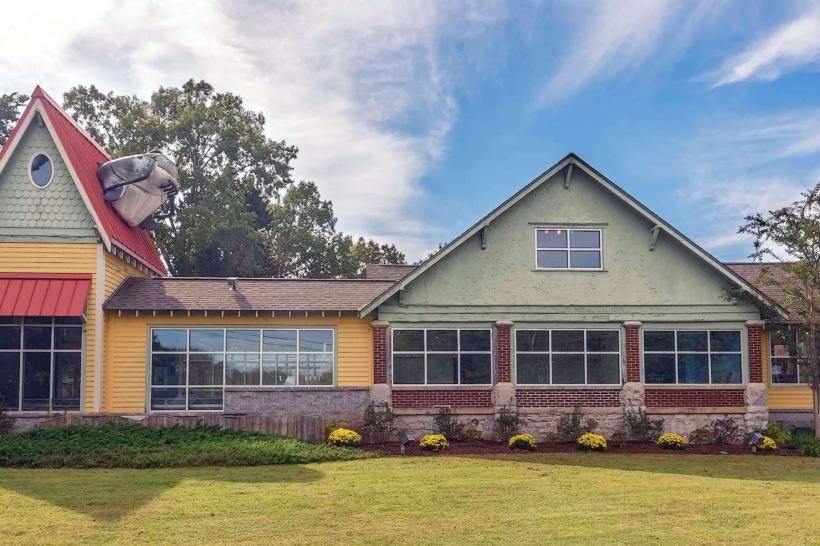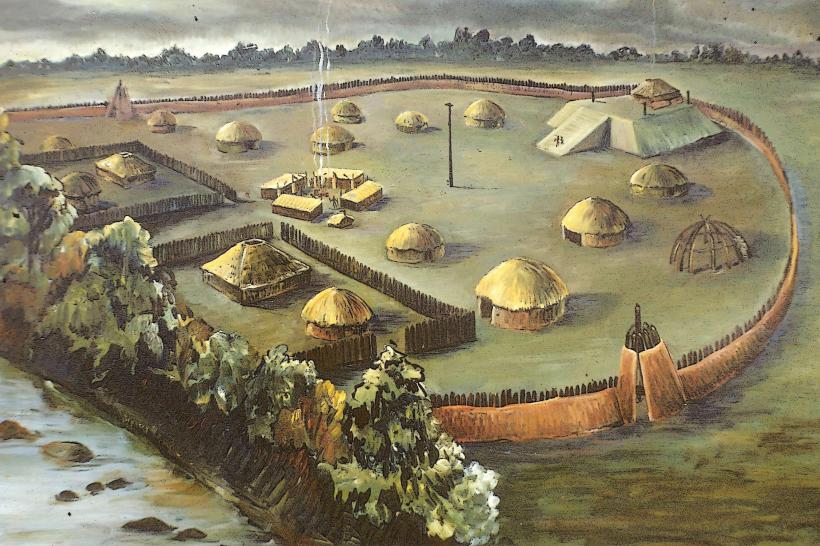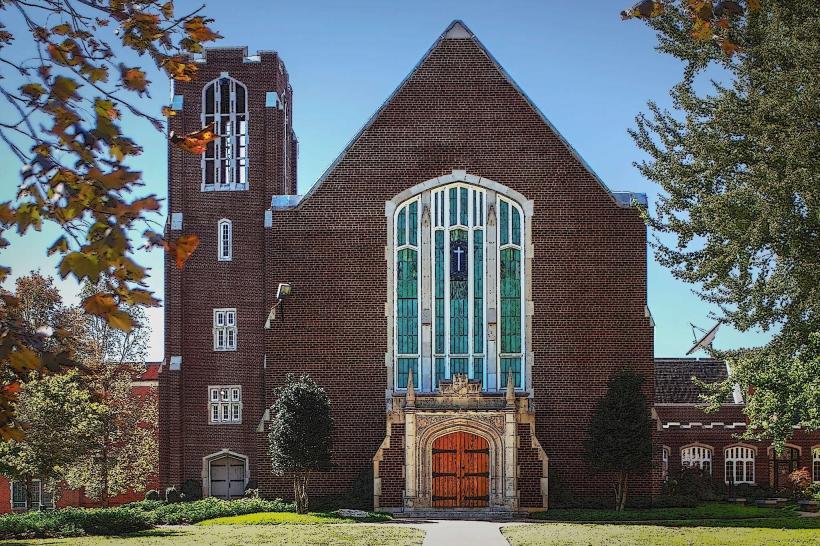Information
Landmark: McCandless FarmCity: Athens AL
Country: USA Alabama
Continent: North America
McCandless Farm, Athens AL, USA Alabama, North America
The McCandless Farm in Athens, Alabama, is a historic property with deep roots in Limestone County’s agricultural and educational heritage. It is best known for its preservation of traditional farming practices, its role in local history, and its connection to Athens State University’s heritage landscape.
Historical Background
The farm takes its name from the McCandless family, who were among the early settlers and landowners in the Athens area. Their farmstead reflected the agricultural lifestyle of north Alabama during the 19th and early 20th centuries, when farming was the backbone of Limestone County’s economy.
The property became significant not just as a working farm but also as part of Athens’ cultural landscape, preserving a way of life centered around subsistence farming, livestock raising, and family homesteads.
Layout and Features
Historic Farmhouse: The main residence reflects the rural domestic architecture of its period, simple in form yet practical for family life on a working farm.
Outbuildings: Like many traditional Alabama farms, it included barns, sheds, and storage areas essential for crops, tools, and animals.
Fields and Pastures: The land was used for row crops (such as cotton and corn) and for grazing livestock, showing the mixed-farming practices that sustained families in the region.
Orchards and Gardens: Many farmsteads of this era also included fruit trees and kitchen gardens, providing both food and supplemental income.
Cultural and Educational Value
McCandless Farm illustrates how families in Limestone County lived, worked, and sustained themselves over generations.
The property is often referenced in connection with Athens State University and the surrounding historic community, since local farms like McCandless provided not only food but also economic support to the town and its institutions.
It stands as an example of heritage preservation, showing visitors what everyday farm life looked like before mechanization transformed agriculture in the mid-20th century.
Highlights for Visitors
Historic Preservation: The farm retains many of its original features, making it a valuable site for understanding north Alabama’s rural past.
Connection to Local History: It is tied to the broader story of Limestone County’s settlement, Civil War recovery, and agricultural development.
Scenic Setting: Like many historic farms in the Athens area, it offers open pastures, tree lines, and the kind of quiet rural environment that contrasts with modern city growth.
Legacy
The McCandless Farm is less a tourist attraction than a preserved historic property and cultural landmark, representing the roots of Limestone County’s farming heritage. It underscores the importance of agriculture in shaping Athens’ community identity and reminds visitors of the generations of families who worked the land long before urban expansion reached the area.
Would you like me to expand this into the heritage-tourism style overview (history, layout, highlights, events, visitor tips) like I did for the Athens Arboretum and Alabama Veterans Museum? That way, it matches seamlessly with your collection of destination guides.

